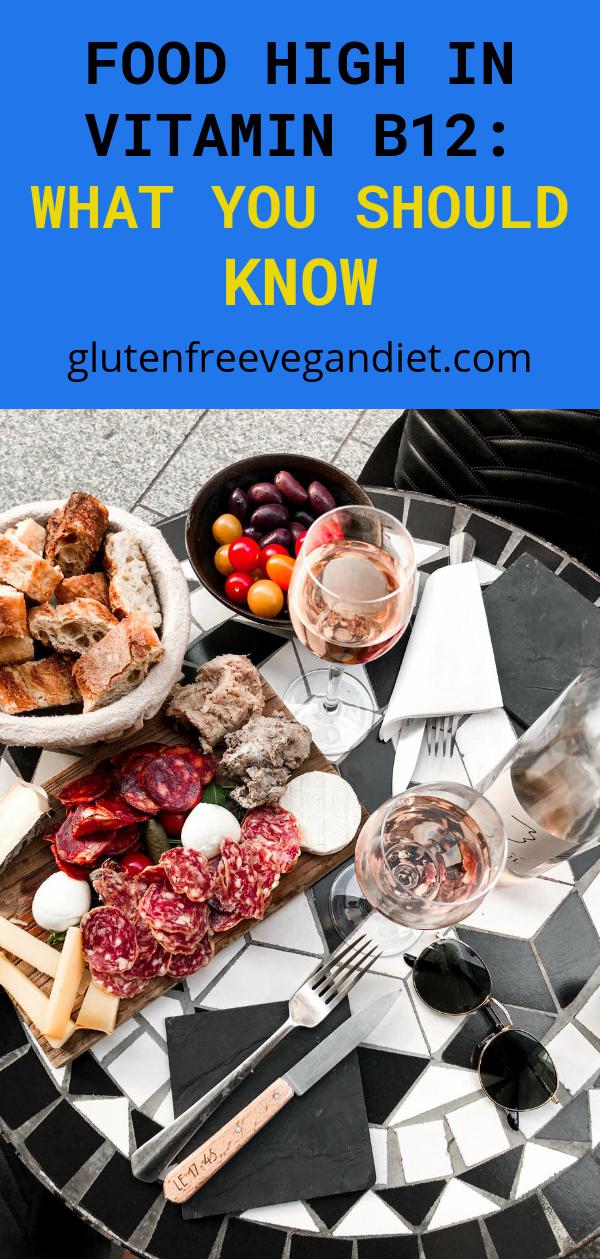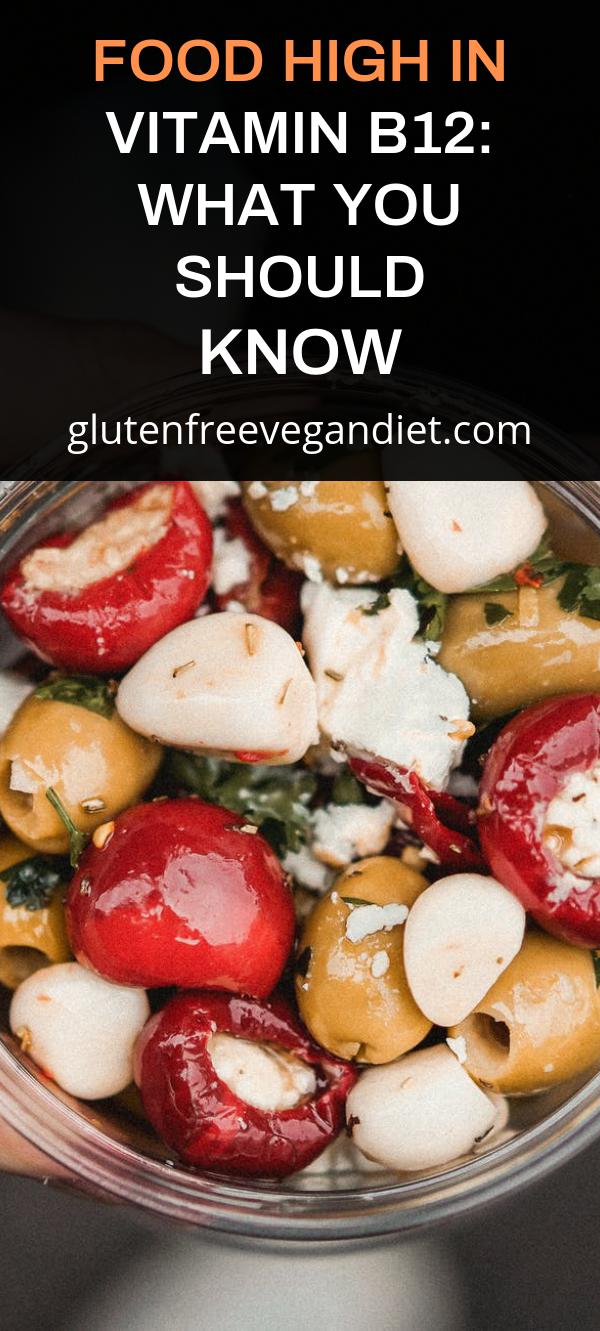As an essential B vitamin, vitamin B12 is of special interest to vegetarians, not only because it is required by the body but because it is not found in any significant amounts in plant foods. In fact, the only food high in vitamin B12 appears to be mollusks and clams, red meat, some species of fish, eggs, and the like.
A deficiency in vitamin B12 can lead to several conditions ranging from light to serious because a lack of vitamin B12 causes detrimental changes in certain body functions. Perhaps the primary benefit of vitamin B12 lies in the metabolism of fat and carbohydrates, although the vitamin also plays a significant role in the metabolism of red blood cells.

Vitamin B12 also helps promote the maintenance of the myelin sheath surrounding the nerve cells to protect them from damage. Thus, vitamin B12 deficiency often leads to asthma, anemia, and neurological disturbances, such as senile dementia and Alzheimer’s disease.
How can you prevent vitamin B12 deficiency?
The most obvious solution to preventing vitamin B12 deficiency is to eat food high in vitamin B12. Countless reports from around the world show that many long-term vegetarians (vegetarians who do not use any eggs, meat, fish, poultry, or dairy products) are especially susceptible to vitamin B12 deficiency. Since they cannot eat regular food high in vitamin B12 that other people eat, they often resort to supplements.
Besides the lack of adequate consumption of food high in vitamin B12, another factor that may lead to a deficiency in this vitamin is lack of adequate absorption. Despite the fact that the body does not need to consume a lot of food highs in vitamin B12, the vitamin is actually difficult to absorb. For this reason, even with a diet of food high in vitamin B12, people may still suffer from vitamin B12 deficiency.

Poor absorption of the vitamins found in food high in vitamin B12 can be due to an underlying condition, including a lack of B12 in the diet because of poor food selections, a lack of intrinsic factor secretion due to aging, gastritis, or the partial removal of the stomach by surgery (gastrectomy), lack of hydrochloric acid in the stomach, especially in the elderly, or ideal resection or ileitis.
Although vitamin B12 is made by bacteria and fungi, they are not normally found in yeasts or higher plants. Most of the friendly bacteria reside in large quantities in the gastrointestinal tracts of animals and humans and because of this, food high in vitamin B12 is mostly meat products.


